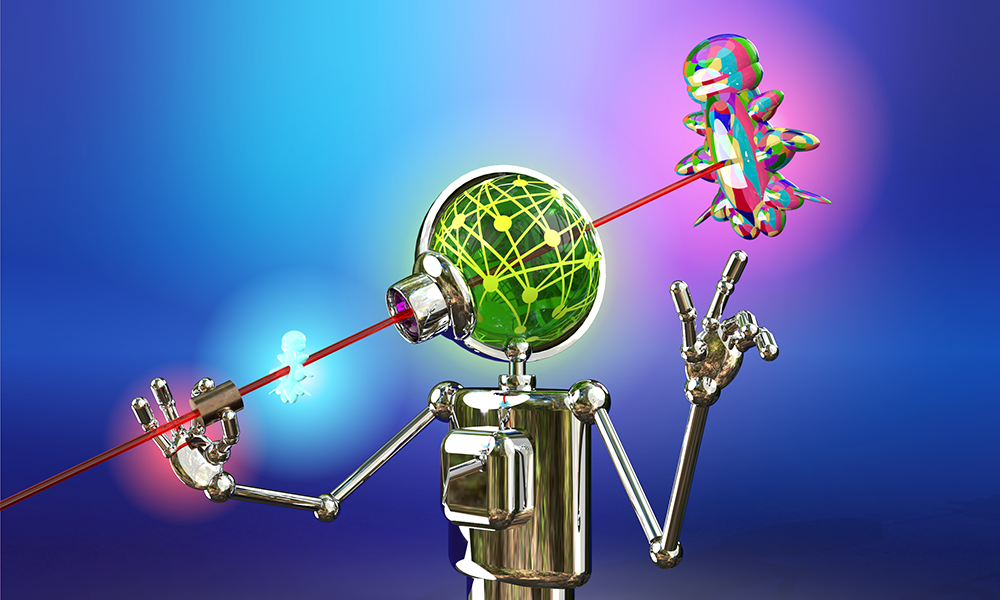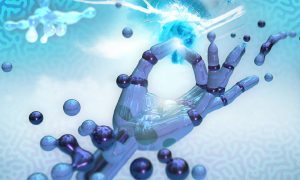
EMBL Insight Lecture 2024
“Imaging life - How modern microscopes revolutionise biology” by Dr. Robert Prevedel
Formerly known as European Learning Laboratory for the Life Sciences
Our inspiring educational experiences share the scientific discoveries of EMBL with young learners aged 10-19 years and teachers in Europe and beyond. We belong to EMBL’s Science Education and Public Engagement office.
The EMBL Insight Lecture 2021 was presented by Dr. Anna Kreshuk, Group Leader at EMBL Heidelberg, on 12 November 2021.
Artificial Intelligence (AI) methods have revolutionized the way computers understand images, leading to the advances we see around us every day: automatic face recognition, sophisticated Instagram filters which change your age, 3D reconstructions from single snapshots – all of these fun applications have a serious theoretical underpinning. In the field of modern microscopy, where the analysis of complex biological images is not a trivial task, AI tools can help biologists to image better and faster and to make sense of gigantic image volumes produced by advanced microscopes.
In the EMBL Insight Lecture 2021, Dr. Anna Kreshuk introduces the field of computer vision and discusses how scientists profit from its recent breakthroughs in the area of modern microscopy. The lecture uses examples of cells, hearts and worms to illustrate how the algorithms and tools developed by Anna’s research team have revealed new insights into biology.
We wrote about the lecture in our news section.
The EMBL Insight Lecture is available via on-demand-streaming from this website. You can watch it directly in the window below. Alternatively, you can open the EMBL Insight Lecture here.

Topic area: Microscopy & Imaging, Structural & Computational biology
Age group: 16-19
Share:

“Imaging life - How modern microscopes revolutionise biology” by Dr. Robert Prevedel

“Uncovering the origin of learning and memory - A journey into the evolution of nervous systems” by Dr. Detlev Arendt

"The shapes of life: modelling how cells self-organise" by Dr. James Sharpe